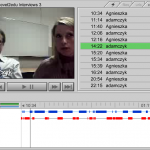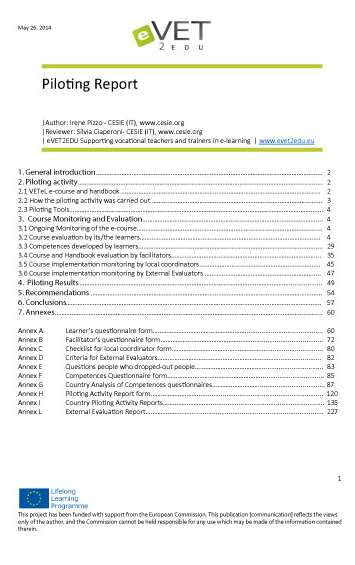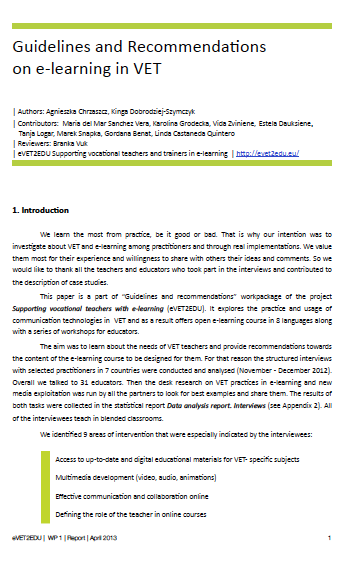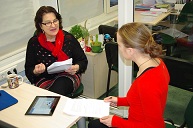 Sielsian region in the south of Poland is traditionally related to heavy industry: steel factories and mines are part and parcel of the environment. And they are also embedded in the educational landscape – schools and vocational training centres from the region train the specialists and workers for that particular industry branch.
Sielsian region in the south of Poland is traditionally related to heavy industry: steel factories and mines are part and parcel of the environment. And they are also embedded in the educational landscape – schools and vocational training centres from the region train the specialists and workers for that particular industry branch.
The interview with vocational school teachers from that region using ICT in their teaching practice was really insightful. Blended learning that has been implemented on a large scale this September in the school is an excellent example of a purposeful use of ICT. However, the need for more collaborative, more interactive and engaging e-learning has been recognised and so perhaps apart from getting great information we can also recruit some trainers for our e-course as well.
 We are presenting Piloting Report based on the feedbacks received from all actors involved during the piloting phase of the e-course VETel .
We are presenting Piloting Report based on the feedbacks received from all actors involved during the piloting phase of the e-course VETel .




